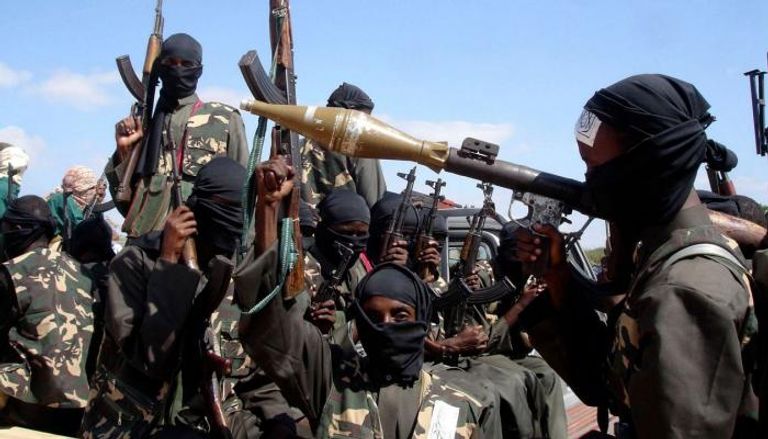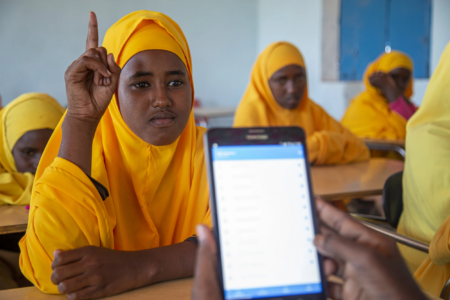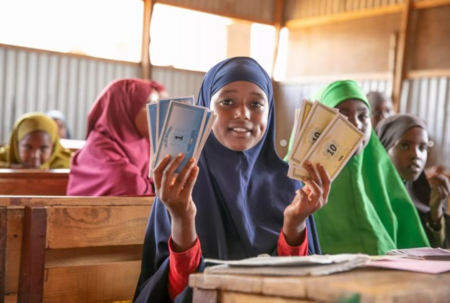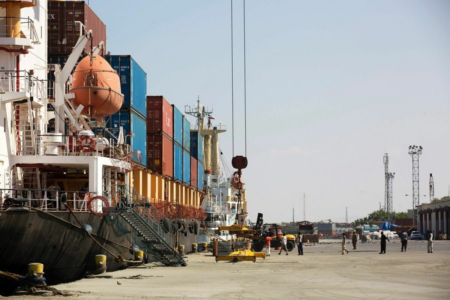In the heart of the Horn of Africa, Somalia continues to face Al-Shabaab conflict.
For many outsiders, Al-Shabaab’s latest territorial gains are seen as a result of weak governance and fragile institutions.
But inside Somalia, ordinary citizens view the conflict through a far more personal lens — one defined by displacement, loss, and an overwhelming desire for unity and stability.
Al-Shabaab Conflict: A War That Never Ended for the People
Somalis have lived through decades of political division and insecurity.
The recent advances of Al-Shabaab across several regions have revived old fears, yet the frustration among citizens is directed not only at the militants but also at a political system many see as fractured and distant from their daily struggles.
“We’ve been caught in the middle for years,” said Nimo Abdi, a 37-year-old mother of six who fled her home in Maxas after militants overran the town.
“The politicians argue, the soldiers fight, but it’s our children who pay the price.”
Her story echoes across the nation: families fleeing violence, rural markets emptied by fear, and the constant anxiety of roadside bombs.
For many, the war has become not just a fight against Al-Shabaab — but a battle to reclaim dignity and a sense of normalcy.
A Crisis of Unity and Trust
Analysts within Somalia argue that the real strength of Al-Shabaab lies not only in its weapons but in the divisions within the Somali state.
The constant tension between the federal government and regional states has created an environment that militants easily exploit.
According to Somali security researcher Samira Geed, “Al-Shabaab thrives where the state fails to reach. It’s not about ideology anymore — it’s about governance.
People need services, justice, and protection.
When they don’t get them, they turn to whoever provides order, even if it’s through fear.”
This internal fragmentation has made it difficult for Somalia’s security forces to sustain control over liberated areas.
Many Somalis now call for a “homegrown strategy” — one that focuses on reconciliation, local governance, and rebuilding trust between citizens and the state.
The Global Lens: Support and Skepticism
From a global perspective, the fight against Al-Shabaab is seen as a front line in the broader war on terror.
The United States continues to conduct airstrikes targeting the group’s leadership, while the African Union provide military and logistical support to Somali forces.
Egypt recently pledged to send additional troops to bolster regional stability.
Read also: Somali National Army and AU Forces Liberate 2 New Villages
Still Al-Shabaab Conflict Not Solved
Yet despite billions in international aid and years of foreign training missions, many Somalis question whether this approach truly addresses the root causes of extremism.
“Foreign support keeps the government alive,” said a retired Somali soldier in Beledweyne, “but it cannot win the hearts of the people.”
Western analysts often emphasize Al-Shabaab’s connection to global jihadist movements such as Al-Qaeda, but inside Somalia, citizens see the group as a symptom of deeper domestic issues — corruption, poverty, and a lack of opportunity.
Between Fear and Hope
Even as fighting continues, life in the capital, Mogadishu, presents a stark contrast.
The city has witnessed rapid construction, new businesses, and a youthful optimism that refuses to die, despite the looming threat from the countryside.
Few Somalis believe the capital will fall, but many fear that without unity, peace will remain out of reach.
For international observers, Somalia’s struggle offers a sobering lesson: military victories alone cannot defeat an ideology rooted in despair.
How Can Somalia Win the Fight Against Al-Shabaab?
As many Somalis insist, the key to end Al-Shabaab conflict lies in rebuilding national cohesion, investing in education and jobs, and creating a political system that truly represents all communities.
“We’ve lost too much to keep waiting for others to fix our problems,” Nimo Abdi said softly.
“If Somalia will change, it has to come from us.”








